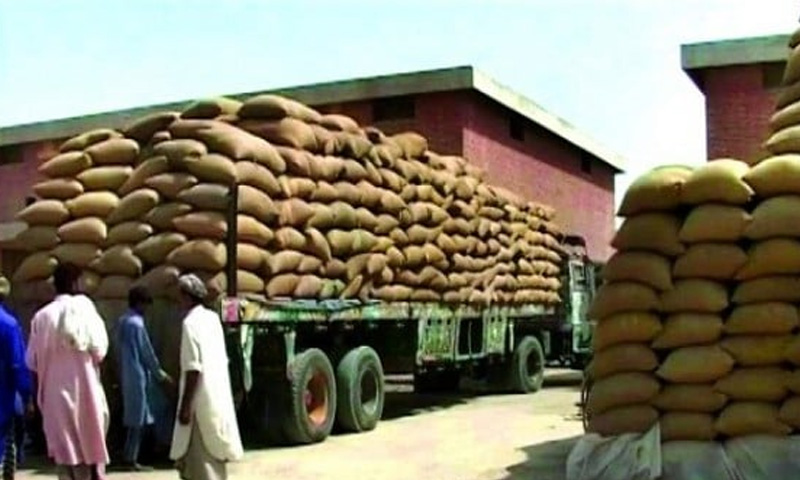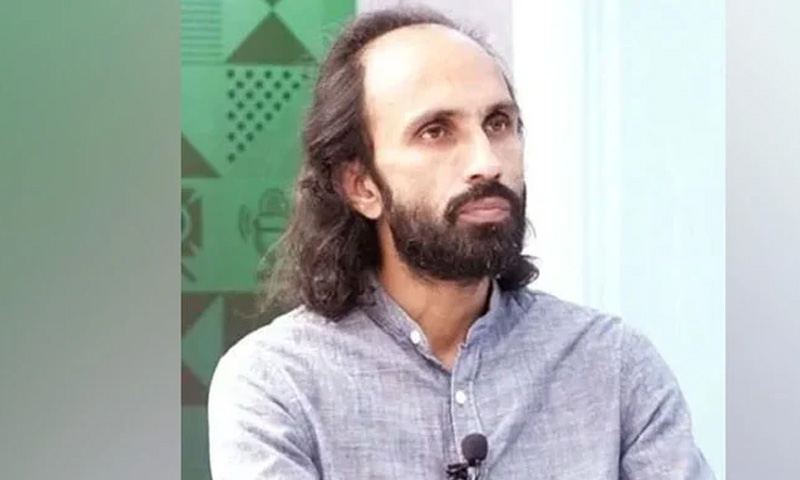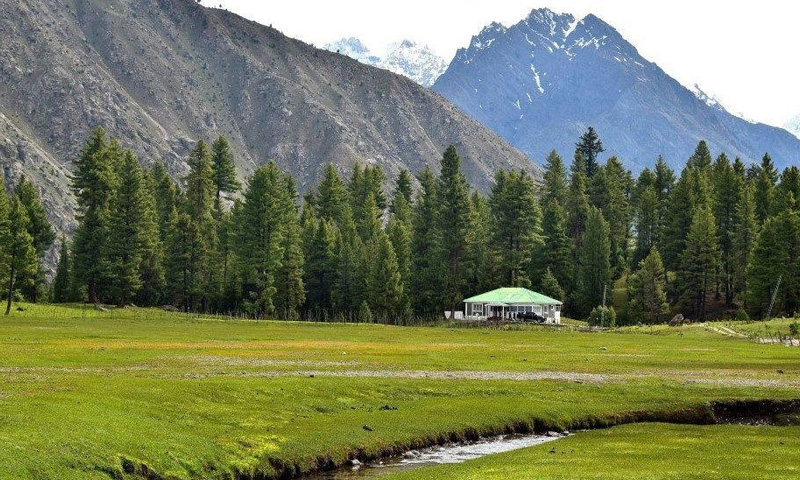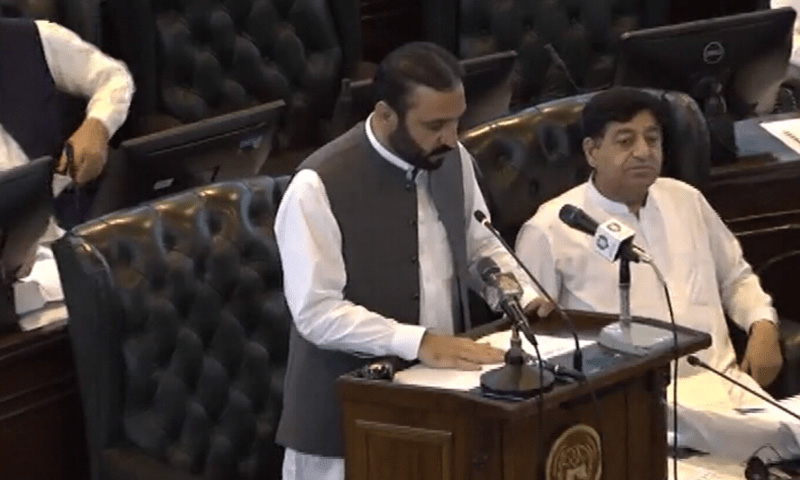- Zahid Gishkori Web Desk
- 4 Hours ago
Elections 2024: nomination rejections significantly lower than 2013
-
- Zahid Gishkori Web Desk
- Jan 02, 2024
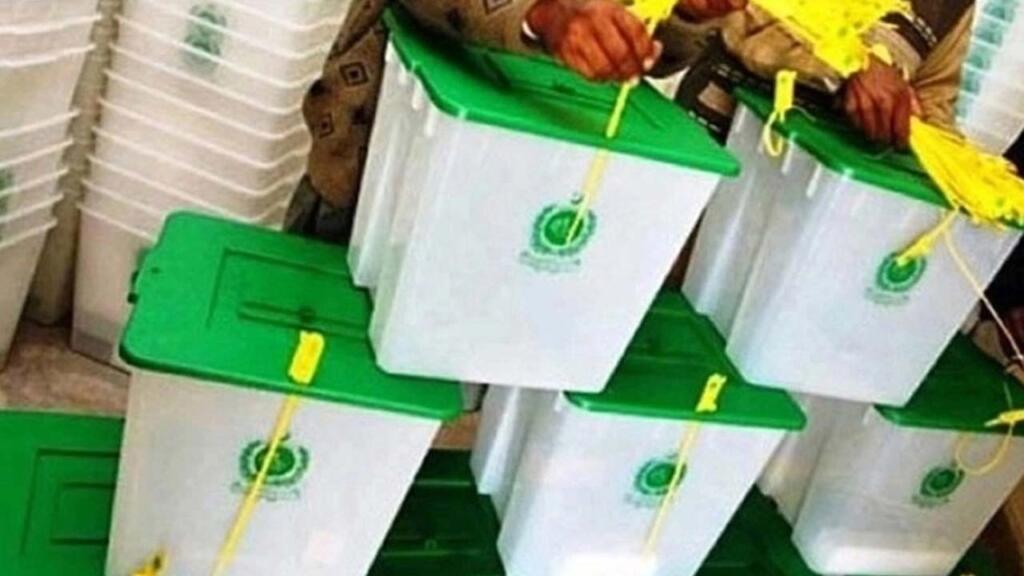
ISLAMABAD: In a notable shift from the 2013 elections, where 3 percent of candidates faced rejection, the nomination papers of candidates participating in the upcoming 2024 elections have witnessed a decrease of three percentage points.
During the investigation carried out by the Hum Investigation Team (HIT), it was revealed that in the last nine elections spanning from 1988 to 2024, the overall proportion of rejected nomination papers stood at 9 per cent.
PTI election symbol: PHC reserves verdict on ECP’s review plea
For the 2024 elections, out of a total of 28,626 nomination papers collected, 3,240 candidates saw their papers rejected. This stands in contrast to the 2018 general elections, where 9 per cent (1,893 candidates) faced rejection out of a total of 20,099 nomination papers submitted. The final declaration on nomination papers of 2024 has yet to come out as the Election Commission of Pakistan, is still reviewing nominations of all the candidates filed papers on reserved seats. Most likely, the number of rejection would rise slightly.
The investigation team’s findings further highlight that in the 2013 elections, objections led to the annulment of nomination papers for 14 percent of candidates, totaling 3,916 rejections out of 28,302 nominations. It recorded the highest ever rejection ratio in the history of elections in Pakistan.
Analysing the data from various elections, it is evident that the rejection rate in 2024 is lower compared to the previous four elections, with a clear decline from the 2013 figures. The inquiry team’s comprehensive study covering elections from 1988 to 2024 disclosed that a total of 12,580 candidates had their nomination papers rejected over this period.
Sheikh Rasheed moves court over nomination papers’ rejection
In addition, the official statistics indicate that during the 2018 elections, 9 percent of candidates faced rejection, while the figures were 7 per cent in the 2013 elections, 8 per cent in 2008, and 7 per cent in 1997. The lowest rejection rate was observed in the 1990 elections, where only 1 per cent of candidates had their nomination papers rejected.
The findings shed light on the evolving trends in the acceptance and rejection of nomination papers over the years, outlining the ongoing efforts to streamline the electoral process and ensure a fair and transparent democratic system in Pakistan.

